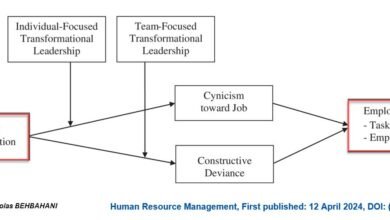
By | Bryan Robinson, Ph.D. | community.thriveglobal.com
It’s human nature for your mind to wander from time to time. If you’re like many people, your thoughts are like Grand Central Station with so many ideas coming and going you don’t have a chance to focus on that deadline or pause to catch your breath. In fact, it could be wandering right now. You could be thinking about what you ate for lunch and what you “should” have eaten. You could be worried about unpaid bills, an unfinished project or that your savings isn’t enough to pull you through. Or you might be replaying in your head an argument you had with your spouse.
When your mind wanders too much, it could be stressing you out and preventing you from focusing on that important deadline. Or at the very least preventing you from fully relaxing. Your wandering mind misses the beautiful sunset, the warm breeze brushing against your face or the soft music on your car radio, or the chance to have a meaningful conversation with a co-worker or family member.
Neuroscience And Mind Wandering
Harvard scientists found that the human mind wanders 47% of the time and that when you stray you pay. The researchers contacted 2,200 people around the world at random over several days and asked them each to use their iPhone to report what they were doing, thinking about and feeling. Nearly half of the world’s population was mentally absent during such activities as personal grooming, commuting, cooking, working, taking a walk, shopping and so forth. The study concluded that when your mind wanders, you’re more stressed and unhappy than when you stay in the here and now. No matter what people were doing, even if they were working overtime, vacuuming the house or stuck in traffic—they were happier if they were focused on the activity instead of allowing their minds to wander and think about something else.
In January of this year, neuroscientists at the University of California at Berkley discovered that we have diverse trains of thought—stray thoughts, deliberately constrained thoughts, automatically constrained thoughts and task unrelated thoughts—and each type has a distinct electrophysiological signature. So it’s possible to know when your thoughts are roaming or you’re concentrating.






